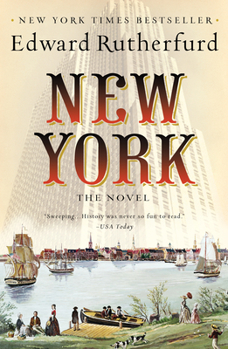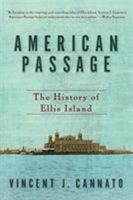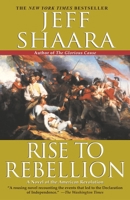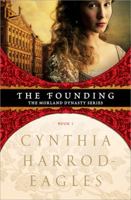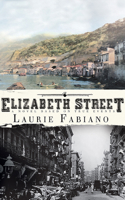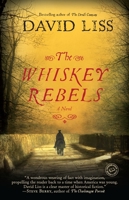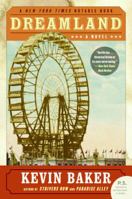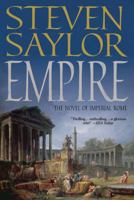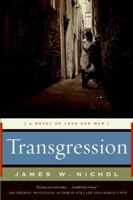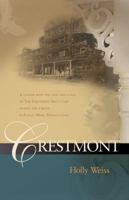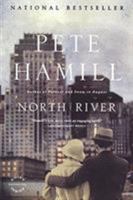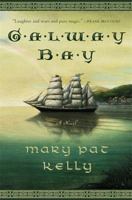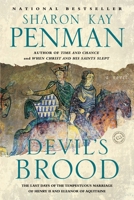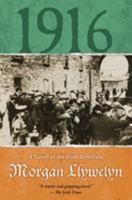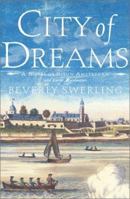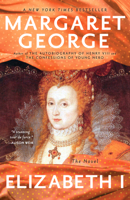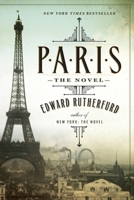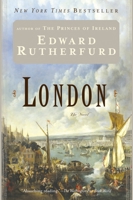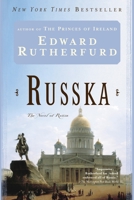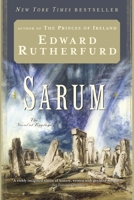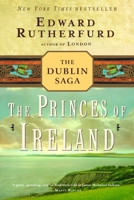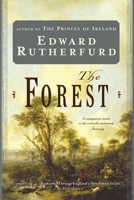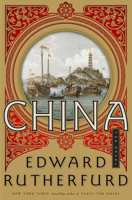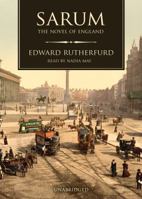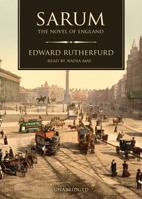New York
Select Format
Select Condition 
You Might Also Enjoy
Book Overview
Related Subjects
Contemporary Family Saga Fiction Genre Fiction Historical Literary Literature & FictionCustomer Reviews
Rated 5 starsExtremely well written and researched.
The author has captured the times brilliantly! You can see, hear and even smell Old New York! The characters are mostly fictional, but they are well drawn and their circumstances are entirely believable. One of my favorite things about the characters is that no one is a candidate for sainthood. They seem like real people who are the products of the times in which they lived. And for anyone who thinks of slavery as just a southern...
0Report
Rated 5 starsSuperb
Wonderful and engaging book. Amazing how the author uses the history of New York and the country as a backdrop to the lives of his created characters. You will not be disappointed.
1Report
Rated 5 starsnew york by edward rutherford
Excellent. I'm from New York so it was especially familiar and enjoyable. His other books are equally good. 5 stars for sure.
1Report
Rated 5 starsI loved it!
New York by Edward Rutherford is the 4th historical novel of his that I've read. The others books I've enjoyed were Russka, Princes of Ireland and Rebels of Ireland. "New York" does not disappoint. Mr. Rutherford creates colorful historical fiction. He spans decades, indeed centuries, using actual historical figures interwoven with rich, memorable characters. Although his novels are never short, the reading of them literally...
2Report
Rated 5 starsGreat Novel
Don't expect this book to be historically accurate on all counts, but it is close enough to blend reality with fiction and keep the reader engaged. If you are a nitpicker as to NYC history and are expecting perfection, this is not a book for you. However, if you want a great novel, with ties to a great city, that is used in all its splendor, glory, good and bad as a relatively accurate backdrop for a very engaging novel...
3Report










